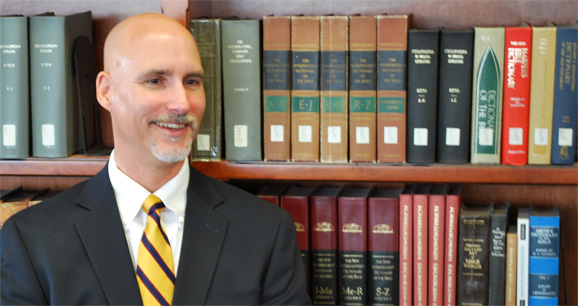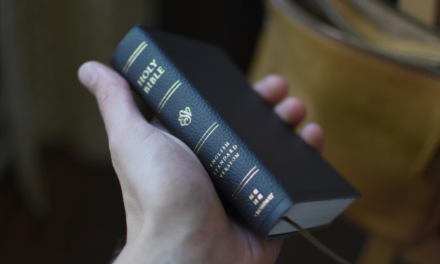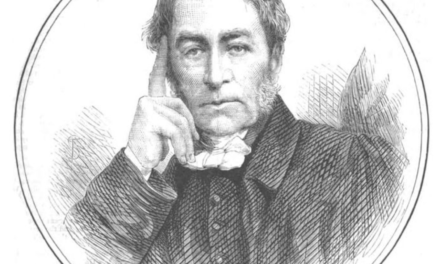
R. Scott Clark’s
Text-critical
Echo Chamber
By Christian McShaffrey
I do not post online comments very often. I can only remember doing so a dozen times or so.
Nevertheless, a few days ago, I came across an entry on the Heidelblog (which, by the way, I read every month with profit) entitled, “Textual Criticism Does Not Challenge The Authenticity of Scripture.”
Early into the first paragraph, I quickly recognized that it was just an excerpt from a previously posted essay by Stephen Steele on the Gentle Reformation blog, so I simply skipped down to the comments to see if there was anything actually interesting. There was… and then things got even more interesting.
The first comment was from a certain Lee N. Field:
Not one of the “Reformed guys”, but I remember a long discussion on textual issues in Augustine’s “City of God”. How to deal with variant readings, and the differences between the Septuagint and the Hebrew text. Stuff like that. The old guys were well aware of this kind of thing.
This brother’s mention of Augustine immediately brought to mind one of the church father’s most memorable text-critical comments, so I shared it:
Augustine was definitely aware of textual issues and defended the authenticity of John 7:53-8:11, explaining, “Certain persons of little faith, or rather enemies of the true faith, fearing, I suppose, lest their wives should be given impunity in sinning, removed from their manuscripts the Lord’s act of forgiveness toward the adulteress, as if he who had said, Sin no more, had granted permission to sin.” [De Adulterinis Conjugiis, 2:6–7]
About twenty minutes later, R. Scott Clark piped in, saying:
Christian, Sure but the point is that there are those who equate text criticism with infidelity. We have access to resources to which Augustine didn’t, which enables us to come to better conclusions.
Naturally, I ignored the first accusation and proceeded to address the second statement, which is an argument so well-worn that I was almost tempted to move along with my day. However, for the sake of the admittedly non-reformed Mr. Field (and any other who might be observing), I thought it best to offer another apologetic option:
If by “resources” you mean things like the CBGM, I will agree. If you mean manuscripts, that is an assumption that cannot be proven.
Is it not equally likely that Augustine had access to manuscripts that are no longer extant today? Remember, your “oldest and best” date back to the same era in which he actually lived.
I honestly thought this was a calm and reasoned response, but Mr. Clark denied its publication. In a private e-mail I enquired “Why?” and this was his response about the comment:
It failed the “irritates the management test.”
According to the blog’s comment policy, that is one of the stated standards, so I cannot fault him for invoking it, but at the same time, I honestly do not see how my comment was irritating. All I sought to accomplish in posting it was two things:
1. Make a distinction between original evidential resources (i.e., ancient manuscripts) and modern theoretical resources such as the new-fangled Coherence-based Genealogical Method [aka, CBGM].
2. Question the academic assumption that we have more extant manuscripts available today than Augustine did (i.e., since he did not have fifteen-hundred years of water, worms, and wars to account for in his historiography).
How in the world can this be irritating (especially to a man who presents himself as an expert in historical theology)? If you have any ideas, feel free to post them below. I promise not to reject comments that challenge my assumptions.
– Christian McShaffrey





This makes me think of a comment by a scholar at a conference I attended recently who spoke of “all of the evidence” we now have against the ending of Mark that KJV translators didn’t have. You mean the whole 3 manuscripts out of 1600 that don’t have it while we have acknowledgments of it that pre-date any of those 3? Rhetoric and assumptions over data I guess.
“How in the world can this be irritating (especially to a man who presents himself as an expert in historical theology)?” That’s the rub. If it demonstrates that the blog owner is not the undisputed king of historical theology, it fails the test. Your observation did so — thereby committing the cardinal Heidelblog sin. Shame on you, Christian.
But excellent work in the content of the interaction. Well spoken, dear brother!